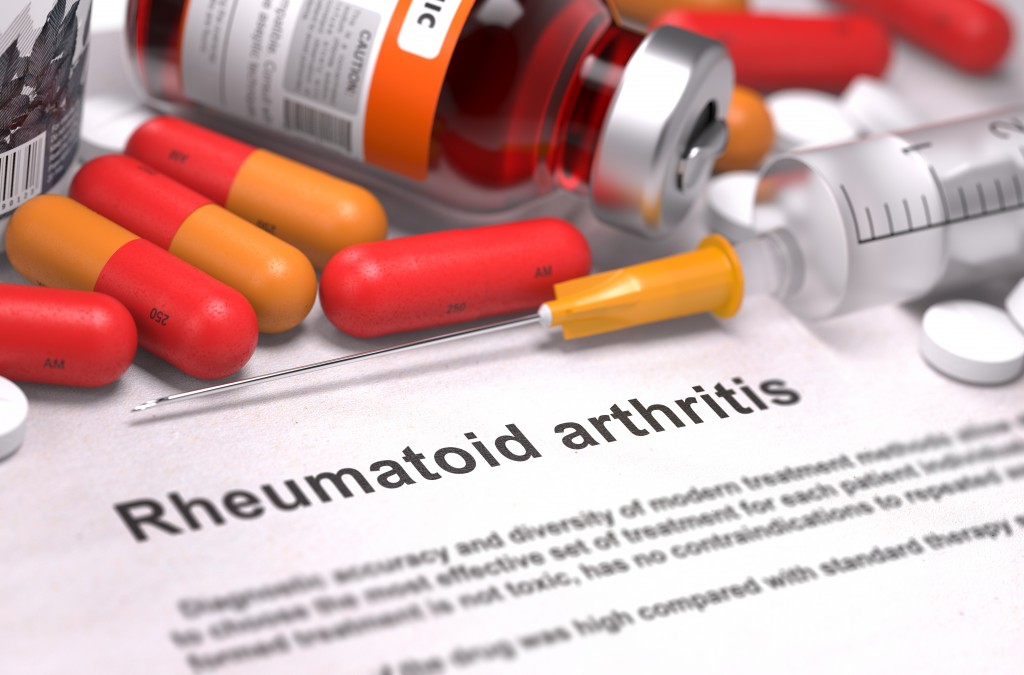A Ray of Hope for Type 1 Diabetics: Could a Common Arthritis Drug Reduce Insulin Reliance?
Imagine a future where people with type 1 diabetes ditch the daily insulin injections and rely less on this vital hormone. While it might sound like a pipe dream, a recent clinical trial suggests that a drug commonly used for rheumatoid arthritis drug could make this a reality. Buckle up, because we’re diving into the exciting world of medical breakthroughs for diabetes management!
Tip: Please fill out the form if you or a friend would like more information on glucose monitors.
The Enemy Within: Understanding Type 1 Diabetes
Type 1 diabetes is an autoimmune disease where the body’s immune system, in a cruel twist of fate, attacks its own insulin-producing beta cells in the pancreas. This betrayal leaves the body starved for insulin, the key that unlocks the door for sugar to enter our cells and fuel our bodies. The consequence? Skyrocketing blood sugar levels, a constant companion for type 1 diabetics.
Enter the Hero: A Drug Called Baricitinib
This is where baricitinib, a medication usually prescribed for rheumatoid arthritis drug, steps onto the scene. Like diabetes, rheumatoid arthritis drug is also an autoimmune condition, making baricitinib a surprisingly fitting candidate for a diabetes clinical trial. Baricitinib works by blocking a specific enzyme called Janus kinase (JAK), which plays a role in the immune system’s inflammatory response. In the context of type 1 diabetes, baricitinib may help to protect the beta cells from being attacked by the immune system.
Read Guide about Wegovy Dosage Guide: The Best Way For Weight Loss
The Trial: A Glimpse of Hope
Researchers recruited 91 patients, recent recruits to the type 1 diabetes club, and split them into two groups. One group received a daily dose of baricitinib, while the other got a placebo. For 11 months, they embarked on a journey to see if baricitinib could be their diabetes kryptonite.
Results that Sing a Melodious Tune
The baricitinib group started humming a happy tune. Their bodies, with a little help from the drug, were churning out more insulin, evident by higher levels of C-peptide, a telltale sign of beta cell activity. Even sweeter, some patients in this group were able to ditch insulin injections altogether, while others danced with lower doses. The placebo group, on the other hand, saw their insulin needs inching up.
The Plot Thickens: A Mystery Unraveled
There was a wrinkle in the story, though. Both groups, despite the baricitinib group producing more insulin, had similar average blood sugar levels. How’s that possible? It all lies in the study design. The researchers aimed for a specific target blood sugar level for all participants, so the baricitinib group simply injected less insulin to compensate for their increased natural production.
Must Read CGMs in noncritical care hospitals optimizes glycemic control
But Wait, There’s More!
The researchers have their sights set on an even bolder future. They believe starting baricitinib treatment even earlier, right after diagnosis or even in pre-symptomatic individuals, could hold the key to even greater success.
The Road Ahead: From Hope to Reality
While this trial is like a beacon of hope in the darkness of type 1 diabetes, it’s important to remember it’s just the beginning. The study had limitations, like the small size and short duration. Additionally, baricitinib, unlike a recently approved type 1 diabetes prevention drug, would likely need to be taken continuously.
The next chapter involves discussions with the Food and Drug Administration. While baricitinib is already approved for other conditions, a larger trial specifically for type 1 diabetes is likely needed before it becomes a weapon in the fight against this chronic disease.
Also, read about Debunking the Remission Diet
The Takeaway: A Spark of Optimism
This clinical trial is a significant step forward in the quest for better type 1 diabetes management. While baricitinib isn’t a magic cure, it offers a glimpse of a future where dependence on insulin might decrease, and that’s a melody worth dancing to.
The journey may be long, but this early trial ignites a spark of optimism, reminding us that for people with type 1 diabetes, the fight for a brighter future continues, and with it, the hope for a world where insulin injections become a thing of the past.


